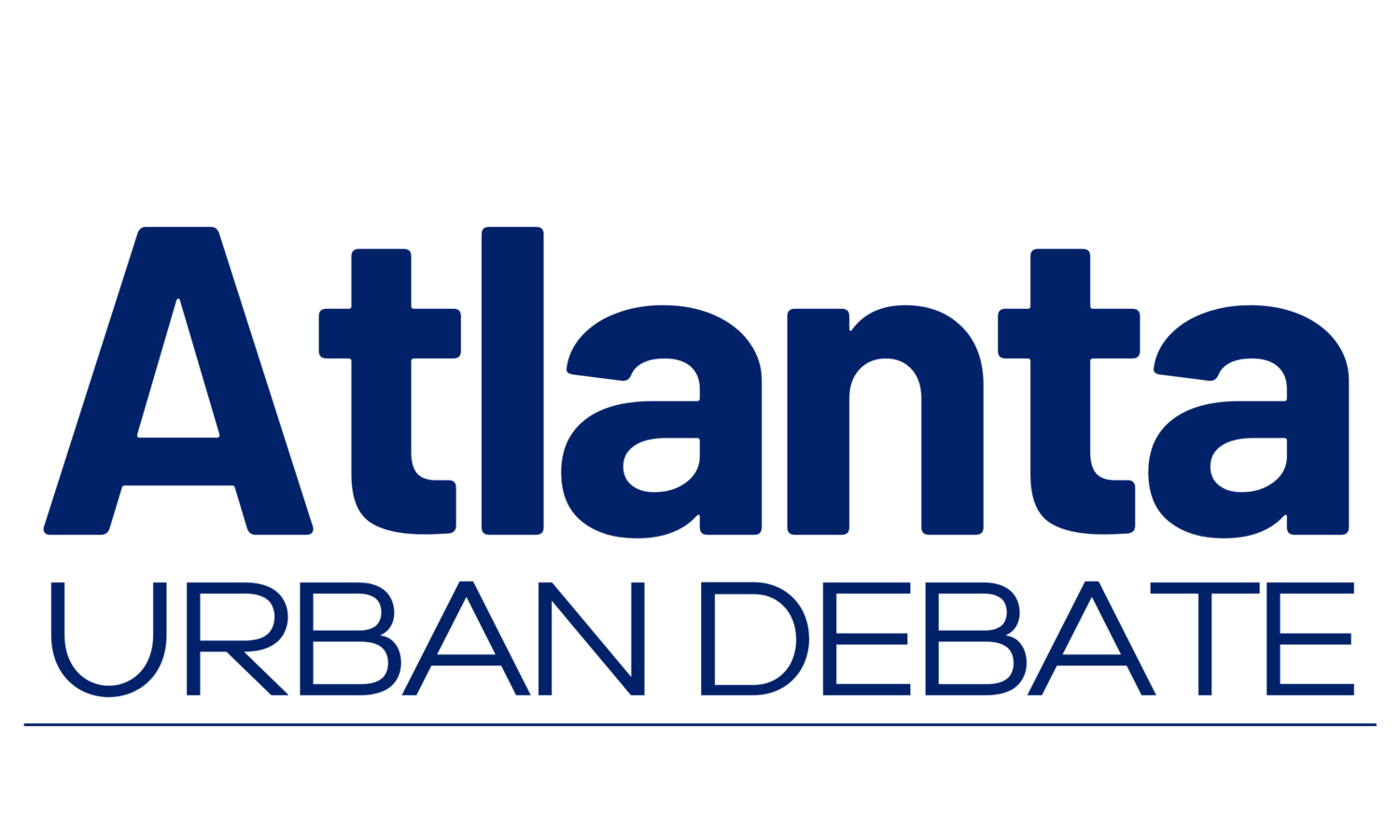The Atlanta Urban Debate League is committed to providing excellent debate education programs, services, and opportunities to diverse students, educators, and members of the community!
Intermediate High School Curriculum Guide
Moving up to High School Open
Skills you should have developed before advancing to HS Open
Finishing in the top 25% of Novice teams multiple times is a general sign of success. Here are other signs that you understand core intermediate skills:
Argument selection - you choose the most strategic arguments to extend in your rebuttals instead of trying to cover everything.
Judge adaptation - you ask the judge questions before the debate round to gauge their familiarity with policy debate, and you pay attention to what they’re doing during the round.
Evidence comparison (ABCD)
Flowing
You flow different affirmative contentions and negative off-case positions on their own sheets of paper.
You flow during your partner’s speeches.
Time management
You consistently finish all of your constructive speeches.
You use principles of argument selection to deliver more efficient rebuttals.
You use all of your prep time, without spending much on the 1NC or any on the 1NR.
New Elements in hs open
The Open division is much more rigorous than Novice in terms of both competition and content of arguments. Expect to put in more time on your own learning about and researching arguments if you advance to Open.
Open Evidence standard - HS open is not limited to the evidence packet provided by the AUDL. Debaters can not only do research to supplement existing evidence, but introduce entirely new arguments.
New types of negative arguments - HS open debaters should expect to see counterplans and kritiks, negative off-case positions which advocate some other policy or action to weigh against the affirmative plan in addition to the status quo.
